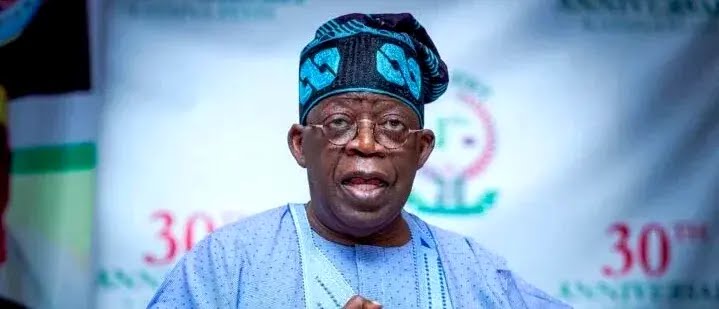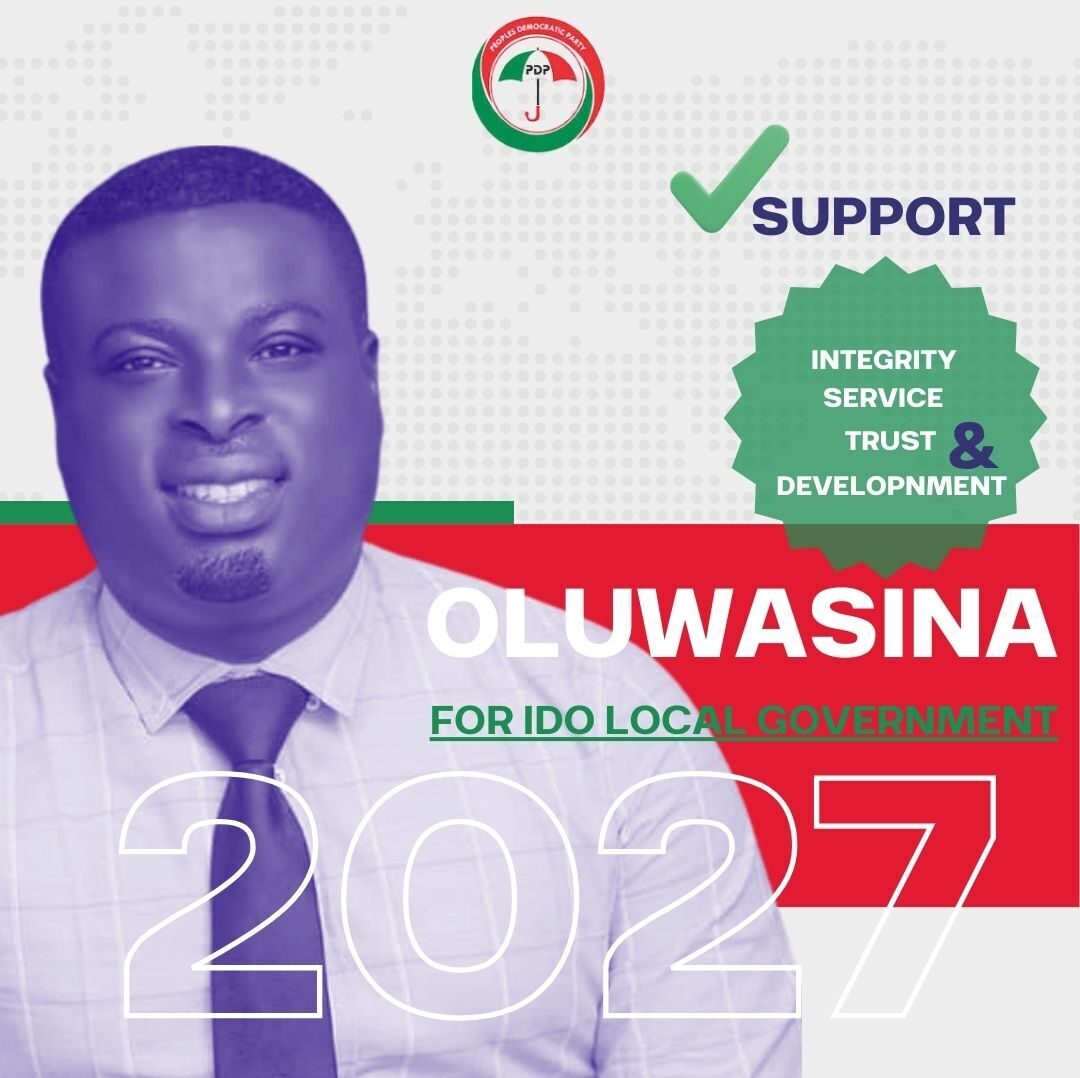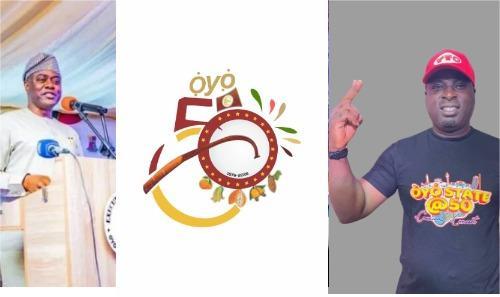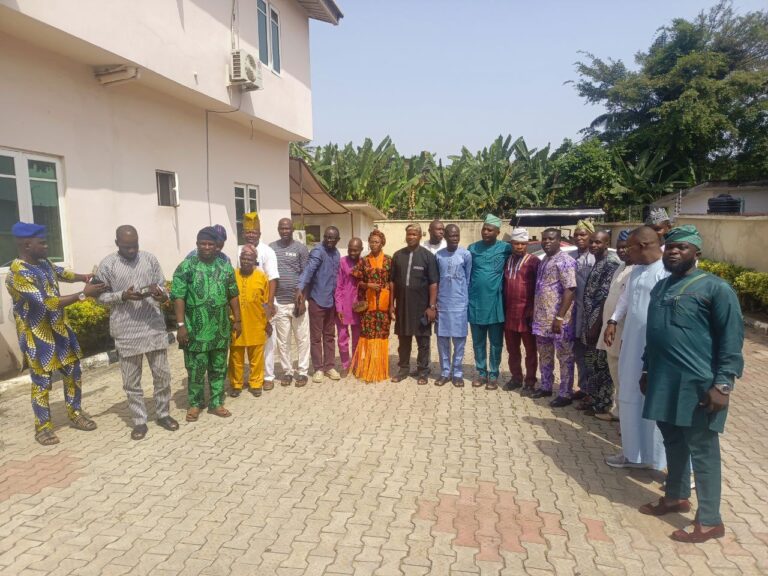
President Bola Ahmed Tinubu has ordered all Federal Ministries, Departments, and Agencies (MDAs) to intensify efforts towards verifying and authenticating the identities of Nigerians seeking consular services abroad.
This directive comes in the wake of recent policy shifts by both the United States and the United Arab Emirates, which have imposed new restrictions on Nigerian citizens applying for various categories of visas. The changes, which Nigerian authorities describe as serious but not unexpected, have prompted a nationwide review of immigration, documentation, and identity validation frameworks.
The President’s directive was made public on Tuesday through a statement issued by his Special Adviser on Information and Strategy, Bayo Onanuga. The statement, titled “On Recent Developments in Visa Issuance Policies by the United States and the United Arab Emirates,” emphasized Nigeria’s readiness to engage constructively with both countries to address any legitimate concerns diplomatically.
U.S. Reduces Nigerian Visa Validity Over Overstays, Record Access
The United States last week adjusted its visa reciprocity schedule for Nigeria, reducing the validity of most non-immigrant visas from multiple years and multiple entries to single-entry visas valid for just three months.
According to U.S. government officials, the decision is based on two main factors: the high rate of visa overstays by Nigerian nationals and the lack of consistent access to reliable applicant records. These changes apply broadly across several visa categories and are part of what Washington describes as its global visa reciprocity process, which is routinely reviewed and adjusted based on national security and immigration policy assessments.
The U.S. Embassy in Abuja clarified that these updates are not unique to Nigeria, but part of a continuous global effort to align visa issuance policies with actual migration trends, compliance behavior, and diplomatic reciprocity agreements. Nonetheless, the new policy has triggered concern among Nigerian travelers and professionals who rely on long-term visas for work, study, and medical visits.
Barely 48 hours after the U.S. announcement, the United Arab Emirates (UAE) also implemented new and stricter visa conditions for Nigerian nationals. Though Abu Dhabi has not issued a formal diplomatic communication to Nigeria, multiple travel agents confirmed that all transit visa applications from Nigerians have been suspended.
In addition, single travelers between the ages of 18 and 45 are now barred from receiving tourist visas to the UAE. Applicants aged 45 and above are required to submit personal bank statements for the past six months, showing a consistent monthly balance of at least $10,000 a condition seen as prohibitively high for most prospective visitors.
These measures, industry watchers say, signal a more cautious approach by the UAE towards Nigerian visitors amid rising concerns about overstays, economic migration, and alleged criminal infractions in past months. Despite the lack of an official statement from the UAE government, visa processing continues under the stricter rules, with travel agencies confirming a “gradual and orderly” system of screening.
Tinubu Moves to Rebuild Trust Through Technology and Diplomacy
In response to these developments, President Tinubu has mandated all relevant MDAs including the Ministry of Foreign Affairs, Ministry of Interior, and Ministry of Communications to collaborate on the establishment of a “single verification window” that will allow foreign embassies and consulates real-time access to passport information, biometric data, and criminal records of Nigerian applicants.
According to the Presidency, the aim is to close verification gaps, rebuild trust with international partners, and ensure that legitimate Nigerian travellers are not punished for the actions of a few.
“The President has directed all federal agencies to ensure full compliance with Nigeria’s international obligations and to strengthen inter-governmental cooperation in authenticating the identities of individuals seeking consular services abroad,” the statement read.
President Tinubu also called on Nigerians living in the diaspora to respect the immigration laws and residency rules of their host countries, warning that the abuse of permits and privileges could damage Nigeria’s reputation and strain bilateral relationships.
He reassured the Nigerian public that his administration is committed to protecting the dignity of citizens abroad and restoring the country’s global standing through improved governance, transparent records, and responsible diplomacy.
“The President assured all Nigerians that his administration will continue to pursue the best possible outcomes for citizens abroad, ensuring that Nigerians can travel, work, and live with dignity and respect in any part of the world,” Onanuga stated.
The Nigerian government also reiterated that any disputes or policy concerns raised by international partners will be addressed through diplomatic channels, not through retaliatory or confrontational means. The Tinubu administration emphasized its commitment to mutual respect, global cooperation, and responsible migration management.
“This government remains committed to addressing genuine concerns through engagement, and not through reciprocal sanctions. Our priority is to protect our citizens, defend our sovereignty, and maintain strong, mutually beneficial relationships with all friendly nations,” the statement concluded.
The Presidency reaffirmed that these measures are in line with the Tinubu administration’s 4-D Foreign Policy agenda focusing on Democracy, Development, Diaspora, and Demography with the Diaspora pillar aimed at better serving and protecting Nigerians living abroad.
With these directives now in motion, the government says it is working swiftly to operationalize the new verification platform, while continuing diplomatic dialogue with both the U.S. and UAE to ease current tensions and restore confidence in Nigeria’s migration systems.





